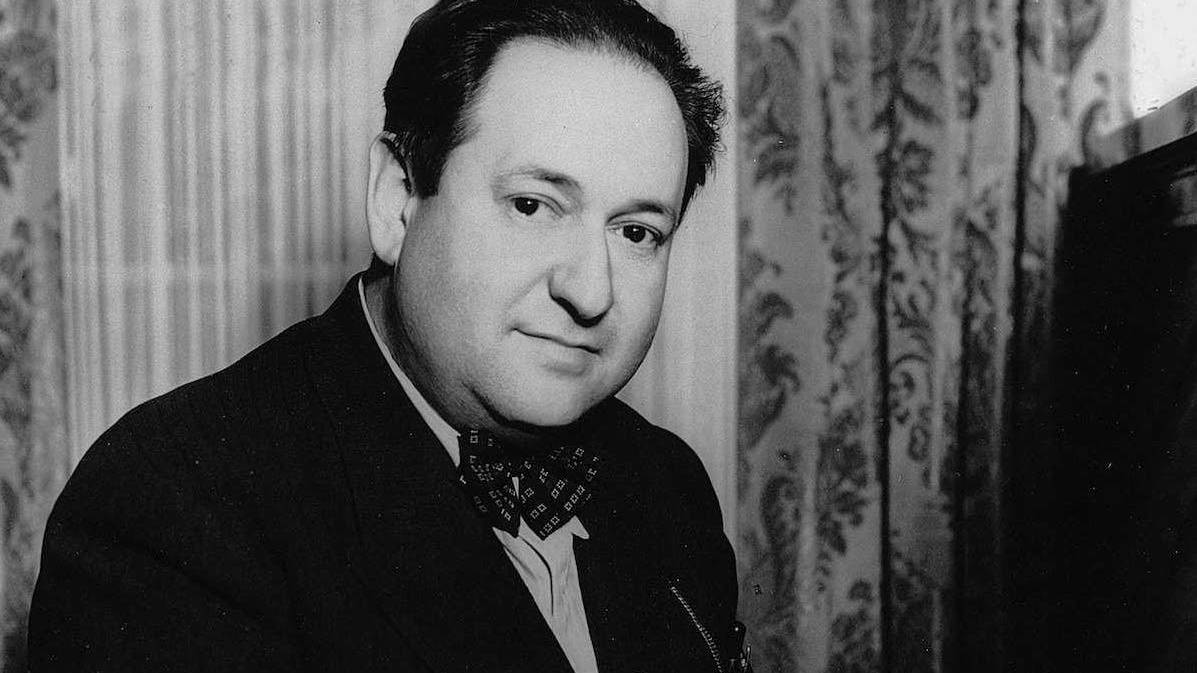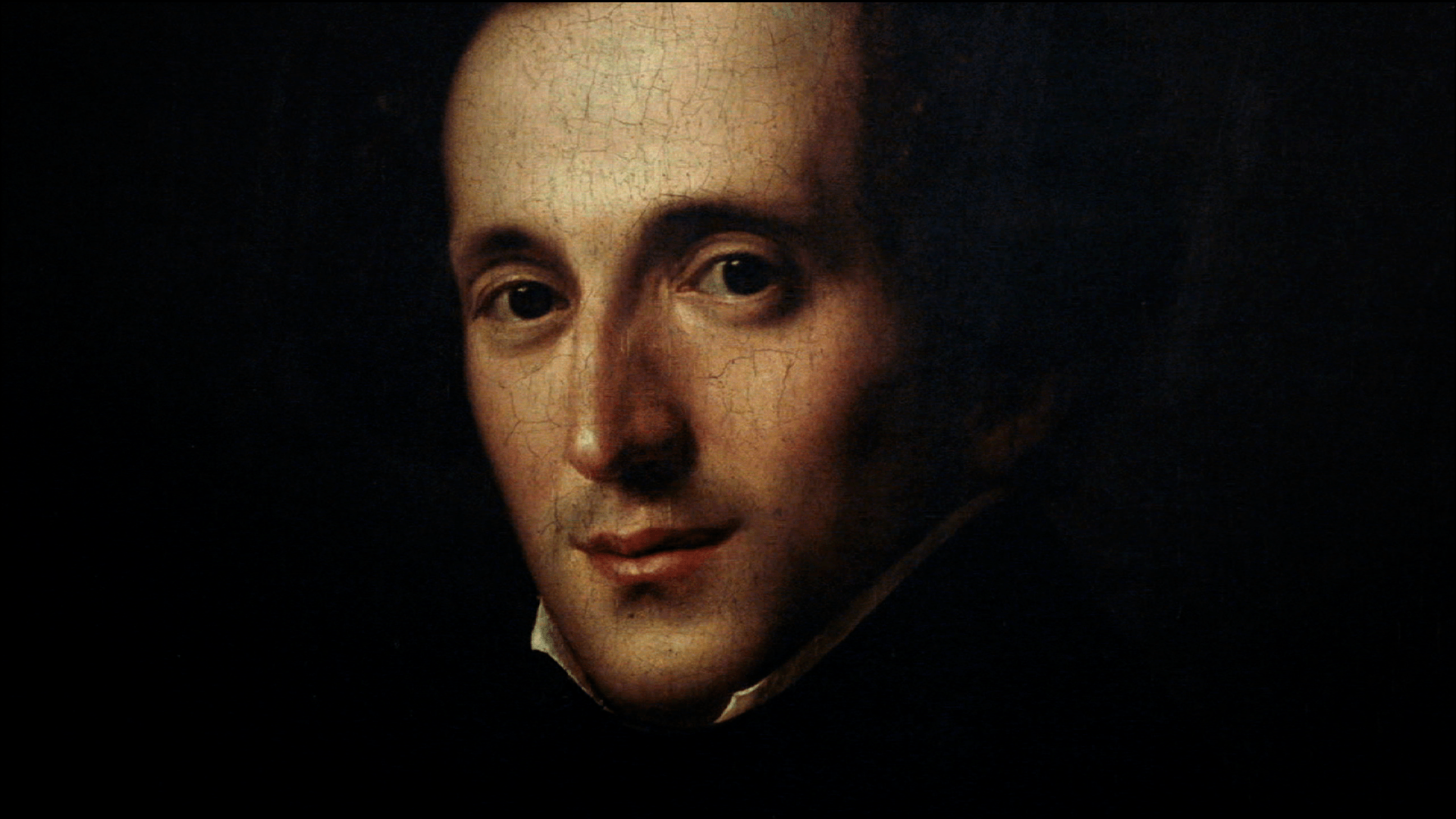Brahms’ String Quartet No. 1 in C Minor: Music Written for Posterity
For Johannes Brahms, writing a string quartet was no casual undertaking. Brahms was profoundly aware that he was walking in the footsteps of giants—Haydn, Mozart, Beethoven, and Schubert to be specific. In an 1869 letter to his publisher, Brahms noted that Mozart had taken “extreme care” with the set of six string quartets that he dedicated to Haydn. Now, Brahms intended to do his “very best to turn out one or two passably …







